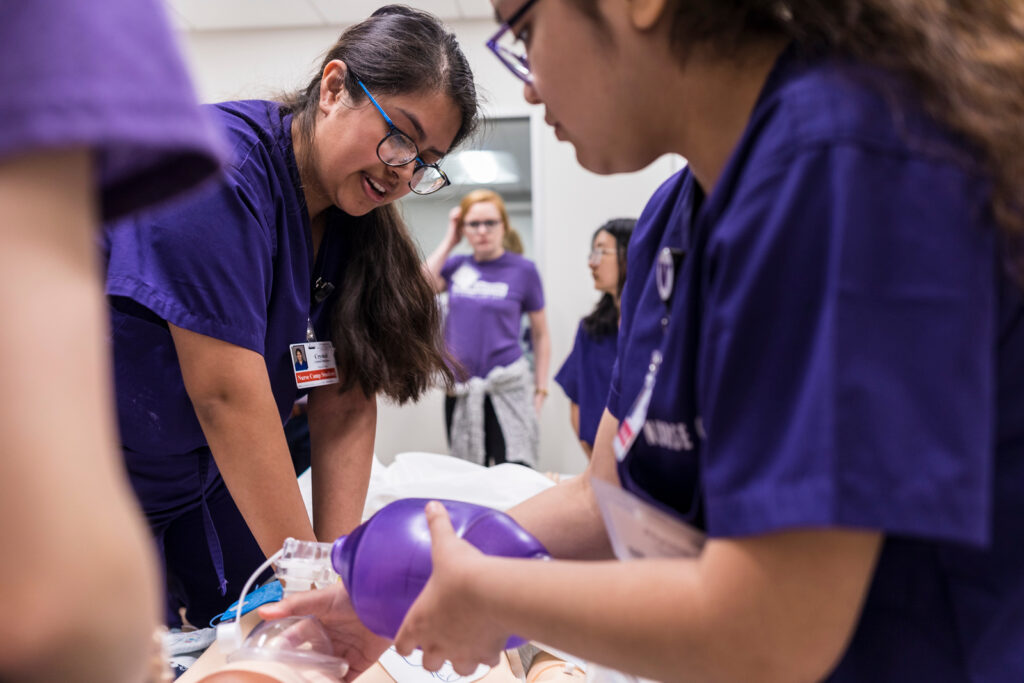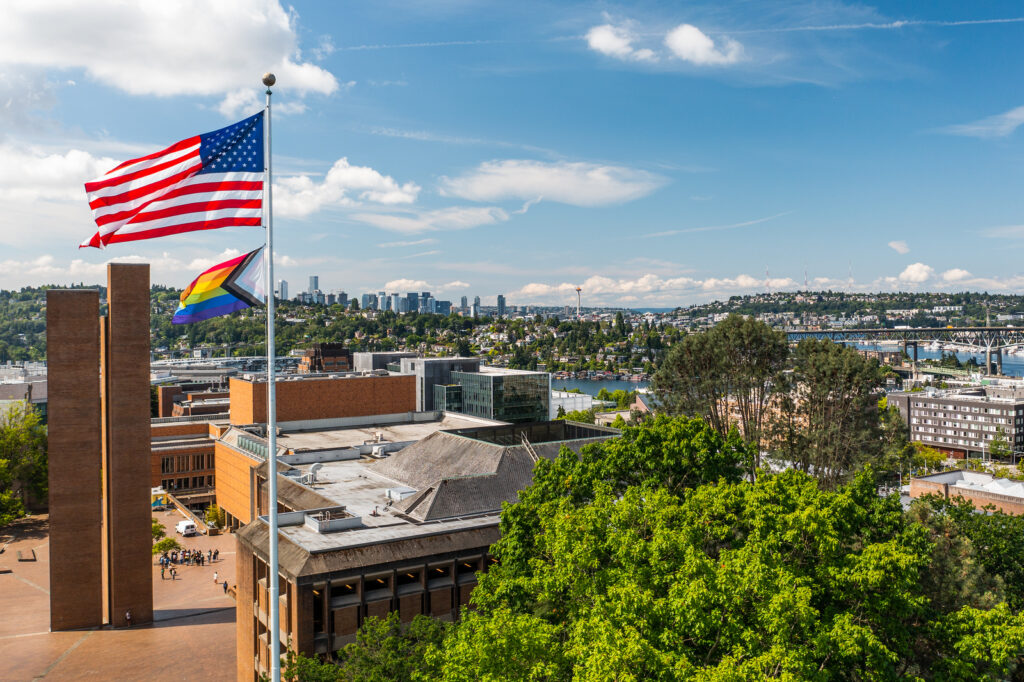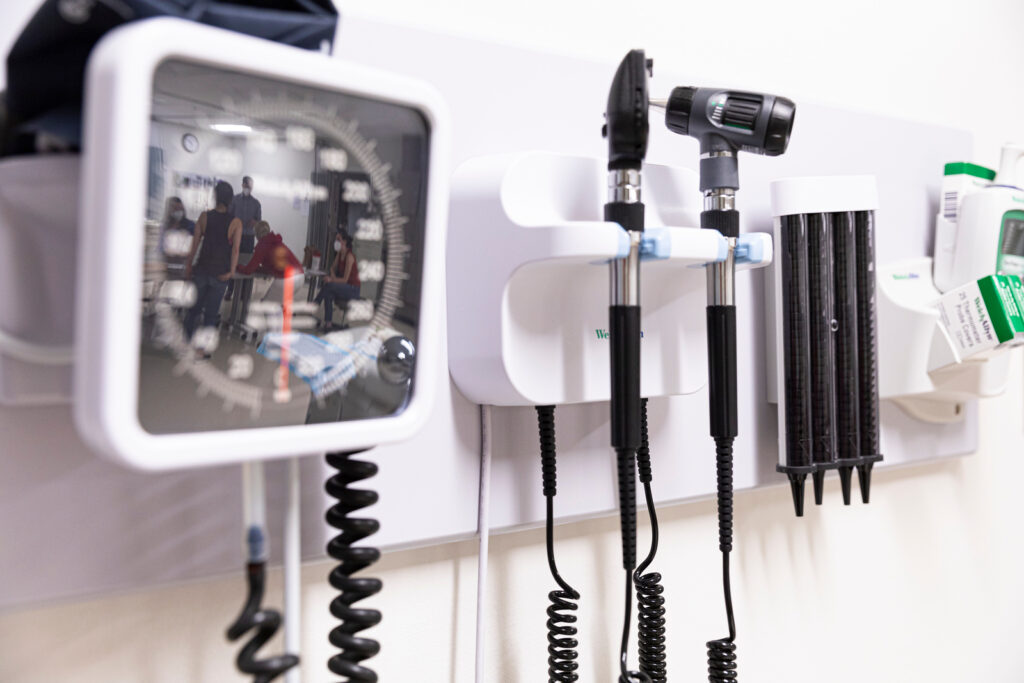The University of Washington Department of Radiation Oncology offers comprehensive education training programs and opportunities for physician residents, medical physics residents, medical students, and fellows. The goal of all of our programs is to train the future leaders in the field of radiation oncology.
Our Medical Physics residency goals are to deliver the necessary clinical experience, education and training in radiation oncology physics. We strive to ensure both broad knowledge of clinical medical physics and a mastery of clinical skill set. Therefor allowing our graduates to function competently, independently and safely.
Here is s a video produced by some of our previous residents, with a taste of a day in the life for current physics residents.
Our Physician residency goals are to deliver the broad clinical training experience and education with specialized faculty in radiation oncology to set residents up for success in their chosen specialties.
Here is a video that our residents put together on what life is like as a Radiation Oncology resident at UW.
Career highlights are when patients and care teams put their heads together to make creative solutions for impossible problems. The best care happens when the whole patient is the most integral part to the solution, and that starts with education for medical students.

For our education team to consider you for your rotation please email:

Located on the shores of beautiful Lake Washington, less than five miles from downtown Seattle is the University of Washington. Our campus boasts one of the top medical schools and cancer care centers in the country. Seattle is an exciting place, where new ideas are born, take shape and come to life.

At the University of Washington, equity, diversity, and inclusion is integral to excellence. We value and honor diverse experiences and perspectives. Our team strives to create welcoming and respectful learning environments, and promote equity and inclusion for all.

The University of Washington is a top research university, attracting more research grant funding than any other public university nationally. In fact, it was ranked No. 2 among all medical schools, both public and private, in receipt of research grant funding from the National Institutes of Health. UW is the largest university in the State of Washington. In 2012, the Seattle campus alone, employed 3,752 instructional faculty to serve 27,838 undergraduates and 13,308 graduate and professional students.
UW School of Medicine, serves as the only medical school under agreement among the WWAMI region. The WWAMI region includes Washington, Wyoming, Alaska, Montana and Idaho.
The department of radiation oncology is part of the UW School of Medicine. Part of its overall institutionally distributed oncology program. UWMC is a comprehensive medical center with a full range of medical services for both inpatients and outpatients.
